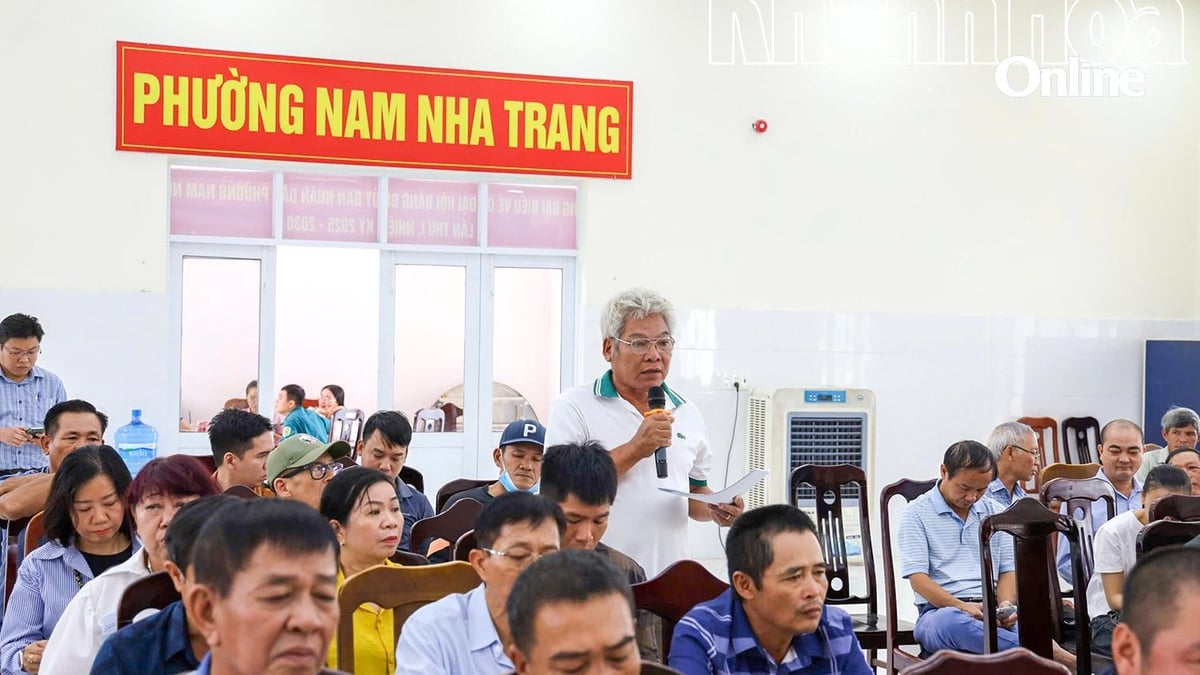Large room for domestic credit card development
Information provided by the State Bank of Vietnam (SBV) at the Workshop "Promoting the potential of domestic credit cards towards a cashless society" this afternoon (May 21) shows that: By the end of the first quarter of 2024, non-cash payment activities (TTKDTM) continued to achieve positive results compared to the same period. The financial transaction clearing and switching system increased by 39.06% in quantity and 20.64% in value.
E-commerce transactions increased by 56.57% in quantity and 31.35% in value; via the Internet channel increased by 48.81% in quantity and 25.73% in value; via mobile phone channel increased by 58.70% in quantity and 33.12% in value.
In the strong development trend of e-commerce activities, bank card services are also being developed by credit institutions (CIs), in which credit cards are a payment method that meets diverse consumption and payment needs of customers.

Data provided by the State Bank shows that by the end of the first quarter of 2024, non-cash payment transactions increased by 56.57% in quantity and 31.35% in value.
As of March 2024, the number of cards in circulation reached more than 150.6 million cards (an increase of 3.29% over the same period in 2023), with more than 106.7 million domestic cards and 43.9 million international cards. Of which, 27 banks are implementing card opening using eKYC with more than 15.3 million cards opened using eKYC in circulation.
By the end of March 2024, 15 card-issuing organizations had issued domestic credit cards. The number of domestic credit cards in circulation by March 2024 reached over 904,700 cards (an increase of 18.37% over the same period in 2023, higher than the increase of international credit cards of 9.53%). Domestic credit card transactions in the first 3 months of 2024 reached 1.3 million transactions with a value of VND 10 trillion (an increase of 75.43% in quantity and 89.85% in value, higher than the corresponding increase of international credit cards of 27.26% and 25.1%).
Mr. Le Anh Dung - Deputy Director of Payment Department, State Bank of Vietnam - assessed that although the number of domestic credit cards is still modest, the strong growth in quantity and transaction value is a notable bright spot in the development of domestic credit cards in the past year.
“Currently, we have more than 900,000 domestic credit cards with a population of 100 million people, this is a great potential for credit institutions to exploit and promote the issuance of domestic credit cards. In addition, the young population structure, increasing income of people, the trend of e-commerce, digital economic activities are increasingly popular, the domestic credit card market still has a lot of potential for development.
Besides the great potential of the credit card market, domestic credit card products (TDNĐ) also have many features, utilities, and attractive incentives that are no less than international credit cards" - Mr. Dung said.
Mr. Nguyen Quang Minh - General Director of NAPAS - expects that domestic credit cards will contribute to promoting consumer credit as well as limiting the problem of black credit. Domestic credit cards have the features of regular credit cards (such as customers spending first, paying later, long interest-free period from 45 to 55 days...), not only widely used for payment at domestic payment acceptance points but also used for payment/withdrawal in some countries.
The difficulties
However, according to Mr. Nguyen Tan Phap - Director of Card Center, Retail Division, Vietnam Joint Stock Commercial Bank for Industry and Trade ( VietinBank ): Promoting the development of consumer credit cards in the Vietnamese market is not yet optimistic due to certain difficulties.
Firstly, the number of joint stock commercial banks participating in the development of credit cards is still very limited, only 15 credit institutions, so communication, advertising, and promotional programs to attract customers have not been focused on. Therefore, people have not yet accessed the product and its advantages, leading to the number of issuance being modest compared to international credit cards.
Second, it is difficult to compete with international credit cards in terms of scope of use, international features as well as attractive incentives from international card organizations. Third, due to consumer habits, they tend to prefer international card products because of their popularity and large numbers.
As an issuing bank, in addition to its efforts, VietinBank hopes to receive more and more attention and facilitation from the Government , the State Bank, and NAPAS for issuing credit cards.

Overview of the Workshop "Promoting the potential of domestic credit cards towards a cashless society" on the afternoon of May 21, organized by Lao Dong Newspaper in collaboration with the State Bank of Vietnam.
Faced with the potential and difficulties raised at the workshop, the representative of the State Bank said that in order to further develop the domestic credit card market, in the coming time, the State Bank will continue to improve and effectively implement mechanisms, policies and regulations on non-cash payments and bank card operations.
At the same time, the State Bank directed the upgrading and development of the Interbank Electronic Payment System, the financial switching and electronic clearing system, and the payment systems of banks to ensure safe and efficient operations and the ability to connect and integrate with other systems, expanding the digital payment ecosystem to serve online payments.
The State Bank also requested that credit institutions continue to coordinate in building a multi-application domestic chip card ecosystem, researching and developing modern, convenient domestic credit card products that ensure safety and security, combined with preferential and promotional policies for customers and payment acceptance units to attract customers to open and use domestic credit cards.
Financial switching and electronic clearing organizations need to coordinate with banks and financial companies to research and develop a reasonable fee-sharing mechanism to support and facilitate the sustainable development of the domestic credit card market; proactively develop tools to detect and prevent payment fraud, etc.
An Ha
Source: https://www.congluan.vn/thanh-toan-khong-dung-tien-mat-tang-gan-57-post296355.html





































































































Comment (0)